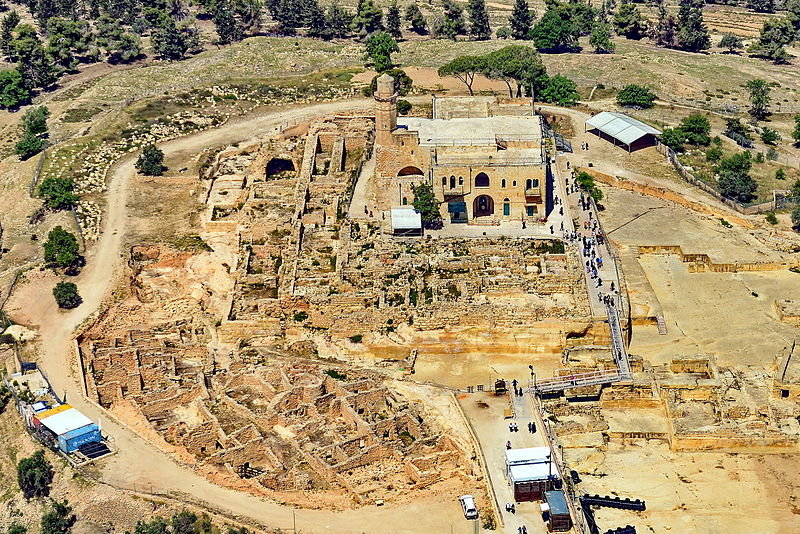29 June. Saul is proclaimed King of Israel at Mizpah
“When Saul finished prophesying, he went to the place of worship. Saul’s uncle asked him and his servant, ‘Where have you been?’ Saul said, ‘We were looking for the donkeys. When we couldn’t find them, we went to talk to Samuel.’ Saul’s uncle asked, ‘Please tell me. What did Samuel say to you?’ Saul answered, ‘He told us the donkeys had already been found.’ But Saul did not tell his uncle what Samuel had said about his becoming king.”
“Samuel called all the people of Israel to meet with the LORD at Mizpah. He said, ‘This is what the LORD, the God of Israel says, “I led Israel out of Egypt. I saved you from Egypt’s control and from other kingdoms that were troubling you.” But now you have rejected your God. He saves you from all your troubles and problems, but you said, “No! We want a king to rule over us.” Now come, stand before the LORD in your tribes and family groups.’”
“When Samuel gathered all the tribes of Israel, the tribe of Benjamin was picked. Samuel had them pass by in family groups, and Matri’s family was picked. Then he had each man of Matri’s family pass by, and Saul, son of Kish was picked.”
“But when they looked for Saul, they could not find him. They asked the LORD, ‘Has Saul come here yet?’ The LORD said, ‘Yes. He’s hiding behind the baggage.’ So they ran and brought him out.”
“When Saul stood among the people, he was a head taller than anyone else. Then Samuel said to the people, ‘See the man the LORD has chosen. There is no one like him among all the people.’ Then the people shouted, ‘Long live the king!’”
“Samuel explained the rights and duties of the king and then wrote them in a book and put it before the LORD. Then he told the people to go to their homes.”
(1 Samuel 10:13-25)

Samuel called the Israelites together and publicly proclaimed Saul King of Israel at Mizpah (see 6 on the map on 27 June).
He told the Israelites that they had rejected their own God, and explained the rights and obligations of kingship – no doubt describing how the Israelites would have to pay taxes to the king, and how their sons and daughters would be used by the king as his servants.
‘Saul’, meaning ‘asked for' (by the people), was probably a ‘coronation name’ given to Saul at the time he was proclaimed king (in the same way as Prince Albert of Great Britain took the coronation name ‘George’ to become King George VI in December 1936).
The Bible doesn't state Saul's earlier name, but ‘Saul’ may well be the Hebrew king ‘Labayu’ (the ‘Great Lion of God’) mentioned in the Amarna letters written by the Philistines and other allies to the Egyptian Pharoah Akenaten at the beginning of the 10th century BC.
The photo (by Avraham Graicer) shows archaeological excavations at Nabi Samwil (Mizpah) around the site reputed to be the tomb of Samuel.
You can read more about Saul’s journey to kingship @ https://www.thebiblejourney.org/biblejourney2/30-israel-becomes-a-kingdom-under-saul-and-david/sauls-journey-to-kingship/
